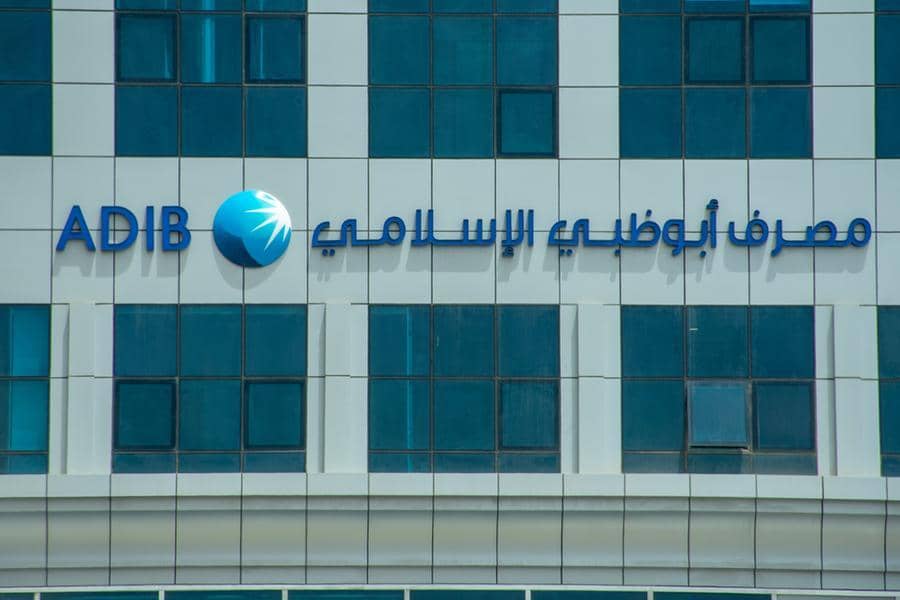According to the chief financial officer of Abu Dhabi Islamic Bank, the real estate market in the United Arab Emirates will continue to expand this year as a result of the nation’s strong economic performance. This will further fuel the expansion of the bank’s home-financing division.
“I think we haven’t reached the peak yet,” Mohamed Abdel Bary told The National in an interview.
“There’s still going to be a lot of traction, just looking at the demand and supply, and activity in the market.”
A slowdown in property market growth may transpire next year, “but this year, I think the positive action will continue”, he said, in response to a question on whether the market is reaching bubble territory.
On the strength of government initiatives, increasing oil prices, and other steps to assist the economy, the UAE real estate market has kept up its recovery from the coronavirus-induced decline.
The Department of Municipalities and Transport’s most recent statistics show that in the first quarter of 2023, Abu Dhabi saw 5,472 real estate transactions totaling Dh27.9 billion ($7.6 billion).
In the three months leading up to the end of March, the value of the transactions more than doubled, while the number of transactions—which includes real estate sales and mortgages—rose by 66%.
According to the data, the value of real estate transactions more than tripled to Dh16.2 billion, while the value of mortgage transactions increased 70% to Dh11.7 billion.
Residential real estate prices in Dubai, the business and tourist hub of the Middle East, increased at their fastest rate since 2014 in June as demand remained high.
According to statistics collected in May of this year, the average price of residential units in the emirate increased by 16.9% annually, up from 15.9%, according to a report released on Tuesday by consultant CBRE.
Between January and June, 42,583 residential units were registered in the emirate.
The Dubai Media Office reported last week that 47,187 units worth Dh96 billion and 5,546 villas for Dh15 billion were sold over the time period.
The UAE’s robust economic fundamentals and the ongoing growth momentum it has sustained since recovering from the pandemic-driven slump are reflected in the burgeoning real estate market.
The UAE economy expanded by 7.9% last year, the most in 11 years, up from 4.4% in 2021 thanks to the support of its non-oil industry as the nation advances its diversification policy.
The Dh18 billion mortgage-financing book of ADIB, one of the biggest home-financing portfolios in the nation, indicates the economic tailwind and has already outperformed the average growth of the country’s mortgage business so far this year, according to Mr. Abdel Bary.
“We are growing very consistently”, he said, adding the lender recorded about 2 percent growth in the first six months of the year.
“In absolute terms, it might not look big but … the official numbers from the Central Bank will dictate that the [home] financing market in the UAE has gone up 1 percent year to date, and if you are adding 2 percent, it means you are actually going better than the market.”
According to Mr. Abdel Bary, the property market’s increased transaction activity is a result of the fact that 70% of buyers pay cash and only 30% utilize financing, which creates a mortgage pool in which financial institutions can invest.
“We have a big share of that [pool] because of our strong alliances with the major developers. That’s where we are playing. We don’t go individually but we partner with … big entities in Dubai and Abu Dhabi and we offer unique, home-finance solutions for their clients.”
The largest Sharia-compliant lender in the emirate by assets, ADIB, recorded a 61% increase in net profit for the second quarter over the same period last year as revenue surged to a record.
According to a document the lender made on Thursday with the Abu Dhabi Securities Exchange, where its shares are traded, net profit attributable for the three months ending in June increased to Dh1.17 billion, marking its best quarterly earnings.
Revenue increased by 56% to Dh2.2 billion during the reporting year.
The lender’s net income for the first half of the year increased by 55% on an annual basis to Dh2.23 billion, while revenue increased by 50% to Dh4.3 billion.
According to Mr. Abdel Bary, the lender anticipates maintaining its revenue and profit growth trajectory in the second half of the year, supported by expansion across all business divisions and products.
“The good thing about ADIB’s business model is that it is not a volatile model. The moment you build volume, and you build your portfolio, it gives you the natural tailwind, which runs with you for a period of time,” he said.
“We are very comfortable that this positive trajectory will also continue in the second half.”
Article Courtesy: The National
